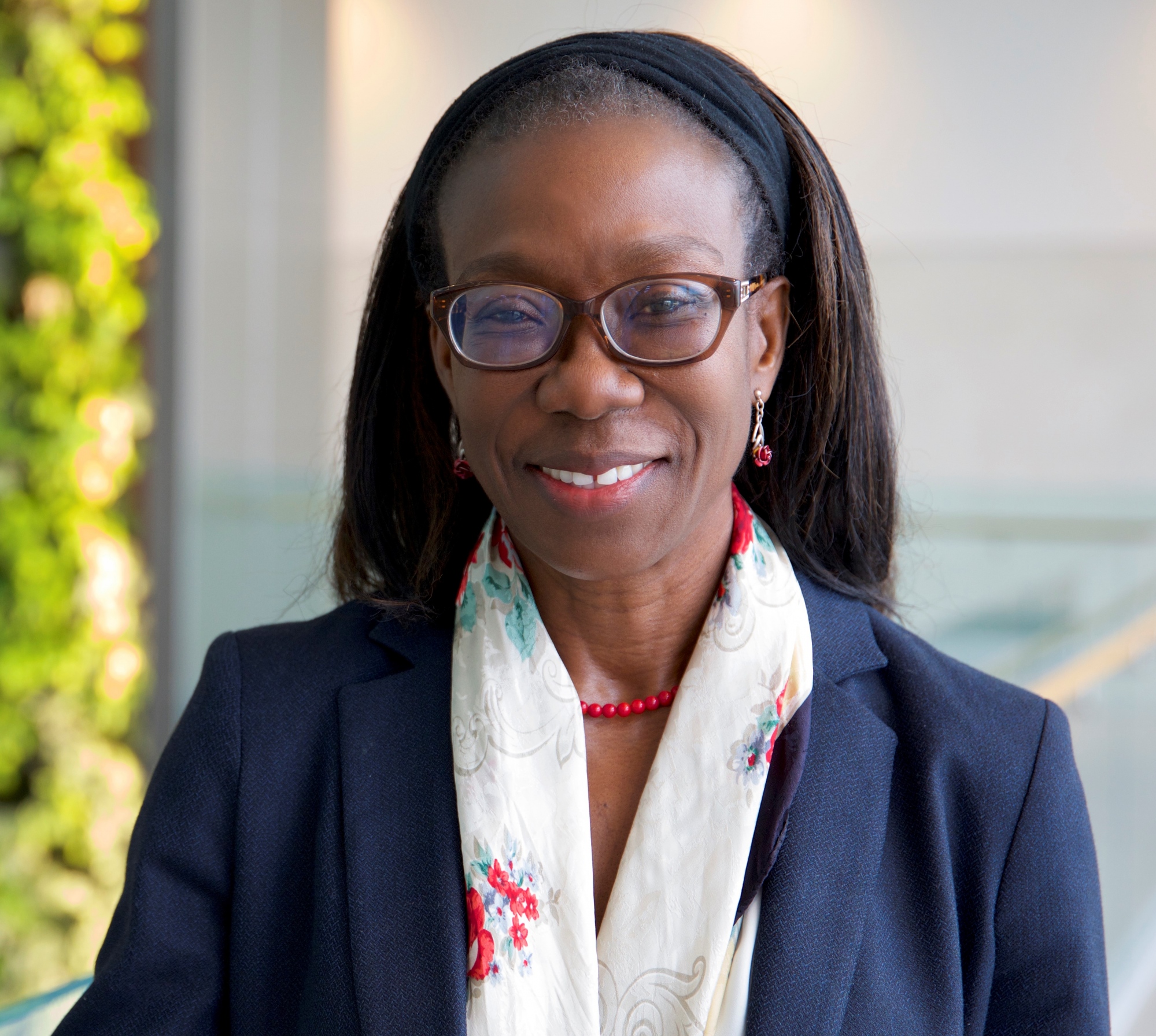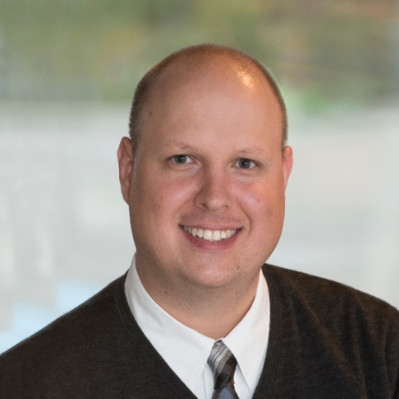An Interview with Cordelia Abankwa
An Interview with ADM Cordelia Abankwa
By Rob Kirsic
February 2022

Cordelia Abankwa is the Assistant Deputy Minister of the Employment and Training Division with the Ministry of Labour, Training and Skills Development and an executive leader and relationship builder with 30 years of experience in municipal and provincial public service where she has led innovation in complex, multidimensional environments.
Cordelia is also the recipient of the 2021 OMSSA Patti Moore Human Services Integration Award. OMSSA sat down with Cordelia for an interview to discuss her work with the Ministry and experiences over her career within municipal and provincial settings.
This interview has been edited and condensed.
OMSSA: Human services delivery between more than one level of government provides opportunities for collaboration. In your experience, what should up-and-coming human services leaders in both levels of government know and think about when it comes to human service delivery to achieve a common vision?
Cordelia Abankwa (CA): I believe two things are undeniable.
The first is that human services that is innovative, and that creates real, positive change requiring true partnerships. I think it’s impossible to have real transformation without inclusive, cross-disciplinary partnerships where government is open to hearing, discussing, and trying new ways of doing things collaboratively – including with community service providers.
I was still General Manager of Social Services at York Region in those first very difficult weeks of the pandemic when nobody in the world knew what to do or really what was happening. On the one hand it was scary, but on the other hand it was thrilling because in our human services environment we became real partners in an incredibly authentic way to keep vulnerable citizens safe. Ministries, municipalities across human services and also community service providers were learning, sharing and collaborating freely. Because of that, we accomplished so much for people incredibly quickly.
The second point is, I believe it’s crucial to collaboratively grow capacity to serve the public in increasingly diverse and complex environments.
The municipal and provincial worlds are different but equally complex worlds. We however work to serve the same citizens. I have found it is an incredible advantage to have a strong understanding of and experiences in both worlds. I think that emerging leaders - and I wish there could be a formal way of doing this - would benefit greatly from being able to go back and forth between those worlds, and to be part of the service provider world. The insights, holistic view and program strength this provides is invaluable.
OMSSA: The COVID pandemic changed the way teams interact and may push employees and employers to embrace new ideas as a result. As a leader, and based on your experience, what can human service leaders and front-line staff do to embrace innovation and out-of-the-box thinking for their teams and clients?
 CA: One of the things I believe we did well at York Region was an intentional process of reflection and we agreed on all levels that that transformation was crucial to have more sustainable social services. It was also important to define the vision clearly, and with staff at all levels constantly communicate and discuss the vision, as well as to implement with focus, flexibility, and transparent measures.
CA: One of the things I believe we did well at York Region was an intentional process of reflection and we agreed on all levels that that transformation was crucial to have more sustainable social services. It was also important to define the vision clearly, and with staff at all levels constantly communicate and discuss the vision, as well as to implement with focus, flexibility, and transparent measures.
It can’t be top down. I cannot think of one great innovative initiative that has happened in my experience as a leader that did not involve client consultation and staff being also involved as leaders in their own right. They’re on the ground and they’re experiencing the programs first-hand.
Transparency and psychological safety are critical if you want people to embrace real innovation, real culture change, real out-of-the-box thinking. This includes answering questions authentically and with being able to say, I don’t know and welcoming unconventional solutions. The last thing I would say is actively seek to infuse cognitive diversity, as well as the diversity of lived experience into the process, because even if it makes for a more challenging journey, you get richer, deeper, better solutions.
Lastly, I have found to support focus, it helps to constantly remember and remind each other of who we are doing this for, and why most of us have given our lives to public service. It’s for citizens who need us and who will feel the impact of decisions we make now for many years to come.
OMSSA: As ADM in the Ministry of Labour, Training and Skills Development, tracking labour mobility within and outside of Ontario along with employment and training trends is critical to the role the Ministry of Labour has in Ontario. Is there something the Ministry’s research is telling you that OMSSA members should know and might help them in their roles and responsibilities?
CA: It’s clear who is getting left behind and who is at risk of getting left even further behind. Women, youth, Indigenous people, racialized people, newcomers, persons with disabilities, low income earners; and it’s also very clear when you look at the stats that employers are looking for workers.
There is a real opportunity here. How with our partners - including other Ministries, our municipal partners, public stakeholders and service partners - do we make sure this is a recovery that targets the needs of local communities and is as inclusive as possible? What do we do to best streamline our services? One of the biggest barriers for people is navigating our systems.
With Employment Services Transformation, Social Assistance Renewal and other initiatives we have the opportunity to make great progress and look at what we can do with our systems to make them more inclusively designed, more flexible, easier to navigate and more responsive to the needs in our dynamic environments.
OMSSA: Looking back on your career to date, are there one or two achievements that stand out to you? What are they and what makes them stand out to you?
CA: When I started out in the public service, there were very few women, and there were no people from equity seeking groups in senior management in my Ministry. All those years ago, I was told that I should aim to be a policy analyst and that would be an amazing achievement given who I was.
Something that is particularly meaningful for me is not just figuring out how to navigate a system that wasn’t always hospitable for me as an Black immigrant woman, but more importantly, supporting individuals who do not necessarily see themselves in places of influence or a path to get there - especially young people, women and other racialized people.
Helping people to be successful and seeing several people that I’ve supported do better than me and/or as well as me, it’s one of the greatest achievements of my life. Someone who used to work for me asked me a couple of years ago how she could thank me. I said, if you were my boss, that would be amazing, because that would mean you took everything I had to give, used what you had and worked to be better, so now you’re my boss. For me that’s the ultimate in mentorship and sponsorship. I hope that’s what every leader would hope for: to leave people they encounter in their professional and personal lives stronger, better off and elevated.
OMSSA: Thank you, Cordelia.
About the Author
 Rob Kirsic is the Communications and Member Engagement Manager with OMSSA. Rob started with OMSSA in 2021 and has over 13 years of communications and public relations experience in the private, public, and not-for-profit sectors.
Rob Kirsic is the Communications and Member Engagement Manager with OMSSA. Rob started with OMSSA in 2021 and has over 13 years of communications and public relations experience in the private, public, and not-for-profit sectors.